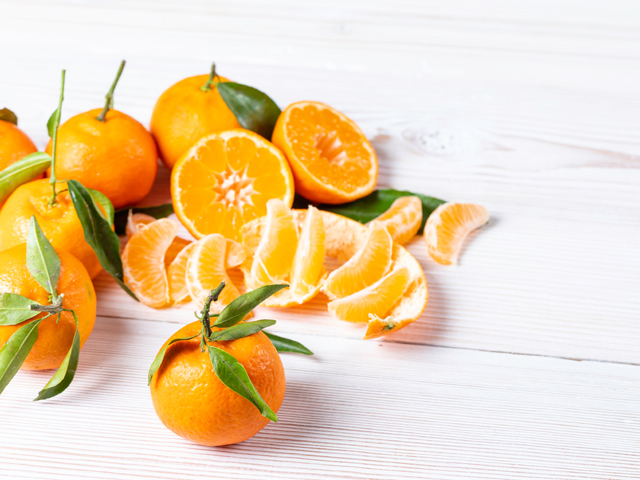Half time Snacks For Active Kids

Kids all over Australia spend their weekends playing junior sport which is a great way to stay active with half time oranges a kids' sports tradition, but some clubs and parents are moving to ban the popular snack.
It is also the ideal opportunity to foster an environment that educates kids around healthy eating principles and to teach them that food and drinks not only provide fuel for activity, but also nutrients for growth and development.
Advanced Sports Dietitian and President of Sports Dietitians Australia Simone Austin, states that "a half time snack is not essential for physical activity that lasts less than 75 minutes, drinking water to stay hydrated is sufficient. It can though be refreshing and enjoyable to share a snack at half time or after the game as food is more than the nutrients it provides, it is also about creating positive social interactions".
Leanne Elliston, Program Manager and Accredited Practising Dietitian at Nutrition Australia says that "juicy fruits such as oranges, watermelon, stone fruit and grapes are the perfect half time snacks. They are easy to eat, delicious and provide a healthy dose of good quality carbohydrate to boost energy levels". In addition most fruit contains 80-90% water, electrolytes such as potassium and a little sugar too. This makes them a great snack for hydration.
Lollies may seem like a quick energy boost but compared to fruit, lollies have no nutritional value and include large amounts of sugar. With approximately 1/3 of Australian children not consuming the recommended servings of fruit per day as outlined in the Australian Dietary Guidelines, fruit as a half time snack is a great option.
Controversy continues to surround fruit as a half time snack due to unwarranted fears that the natural acidity in some fruits is bad for children's teeth. According to the Australian Dental Association (ADA) eating a few slices of orange at half time is not enough to cause damage to the teeth. In fact, dehydration is more of a concern for dentists due to the resulting lack of saliva production. Saliva helps to protect the teeth from tooth decay and erosion, but when saliva production is reduced, so too is the protection of teeth.
Parents, coaches and sporting clubs should encourage junior athletes to choose food and drink that will have them feeling great to perform at their best, keeping in mind that the nutritional needs of children are individual and vary throughout their development. If there are any concerns families should seek the advice of an Accredited Sports Dietitian who can help with balancing the child's growth and development needs with their sporting activities and goals.
Sports Dietitians Australia (SDA) is the peak body for evidence-based sports nutrition in Australia and the organisation and its members are recognised and admired across the sports science industry both in Australia and internationally.
For more information please visit the SDA website and refer to the 'half time snacks for healthy kids' fact sheet.
Photo by Adam Śmigielski on Unsplash
MORE



